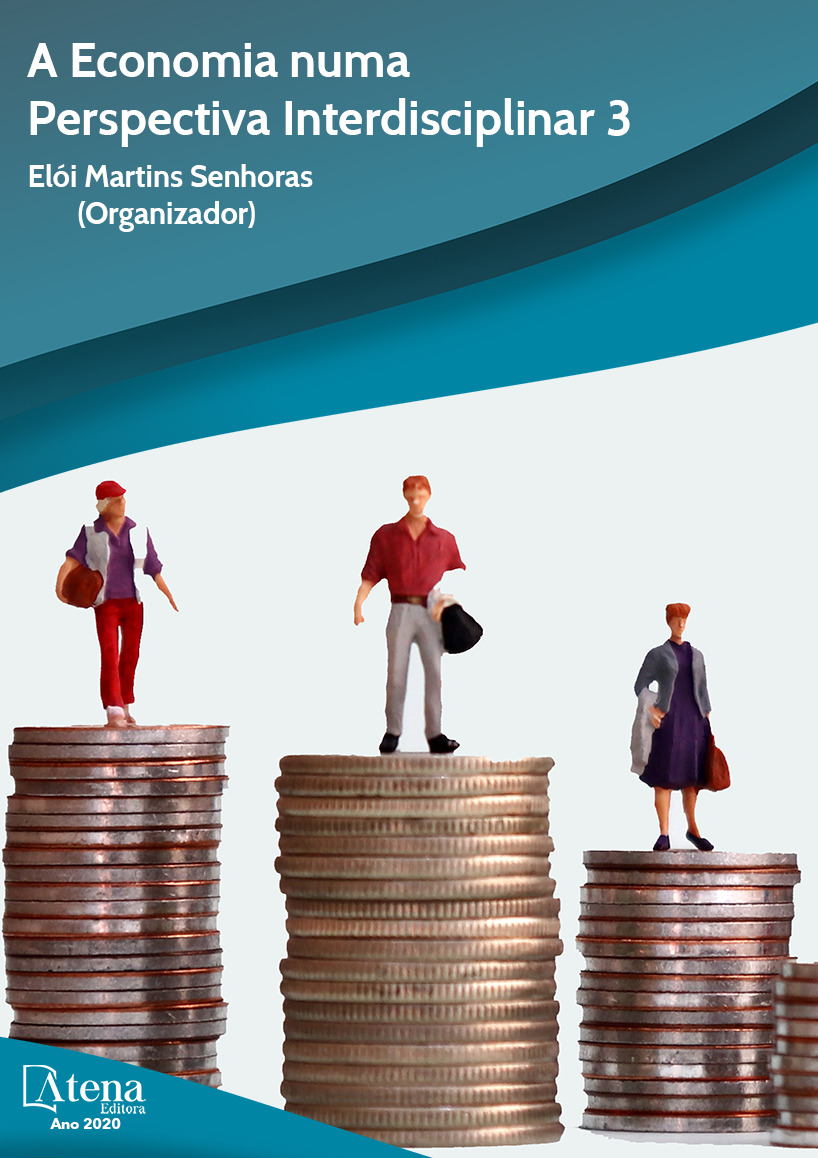
ABERTURA ECONÔMICA E DISCRIMINAÇÃO SALARIAL POR SEXO E RAÇA: UM ESTUDO PARA A ECONOMIA PARANAENSE
A teoria neoclássica assegura que à medida que um país ou região expande seu comércio internacional, a demanda por fator que é relativamente abundante aumenta e reduz o gap salarial entre os diferentes grupos de trabalhadores em diferentes setores da economia. Este estudo objetiva analisar o efeito de abertura econômica sobre a diferença salarial entre sexos e entre raças, através de microdados de 16 indústrias e 6 setores da economia do Paraná no ano de 2015. Seguindo o procedimento de decomposição de Oaxaca-Blinder (1973), os resultados das estimativas mostraram que a maior parte da diferença salarial entre os sexos é explicada pelas mudanças na estrutura salarial ou pelas mudanças nos retornos, o que não é consistente com a literatura neoclássica, uma vez que os salários não se equalizaram nas indústrias apesar da abertura. Através de uma regressão para os setores fechados ou que não recebem fluxos de comércio, verificou-se que, para os níveis de significância convencionais, os coeficientes estimados continuam sendo estatisticamente significativos, mas a regressão do salário residual sugeriu uma menor discriminação contra o sexo feminino. Diferentemente, a diferença de salário residual entre brancos e negros é maior nos setores fechados comparativamente aos setores abertos, corroborando assim com as previsões da teoria padrão.
ABERTURA ECONÔMICA E DISCRIMINAÇÃO SALARIAL POR SEXO E RAÇA: UM ESTUDO PARA A ECONOMIA PARANAENSE
-
DOI: 10.22533/at.ed.0532015065
-
Palavras-chave: Discriminação salarial de gênero e raça. Decomposição de Oaxaca-Blinder. Comércio internacional.
-
Keywords: Gender and race wage discrimination. Decomposition of Oaxaca-Blinder. International trade.
-
Abstract:
Conventional theory argues that as a country or region expands its international trade, the demand for a relatively abundant factor increases and reduces the wage gap between different groups of workers in different sectors of the economy. This study aims to analyze the effect of economic openness on the wage gap between sexes and between races, through micro data of 16 industries and 6 sectors of the economy of Paraná in 2015. Following the Oaxaca-Blinder (1973) decomposition technique, we found that most of the gender wage gap is explained by changes in wage structure or changes in returns, which is not consistent with neoclassical literature, since the wages were not equalized in the industries despite the opening. Through a regression for the closed or non-traded sectors, it was found that, for the conventional levels of significance, the estimated coefficients remain statistically significant, but the regression of the residual wage suggested less discrimination against the female. Differently, uncontrolled openness effects, the wage gap between whites and blacks increases, which corroborates with the standard theory predictions.
-
Número de páginas: 19
- Júlio Vicente Cateia
- Paulo Ricardo Feistel


